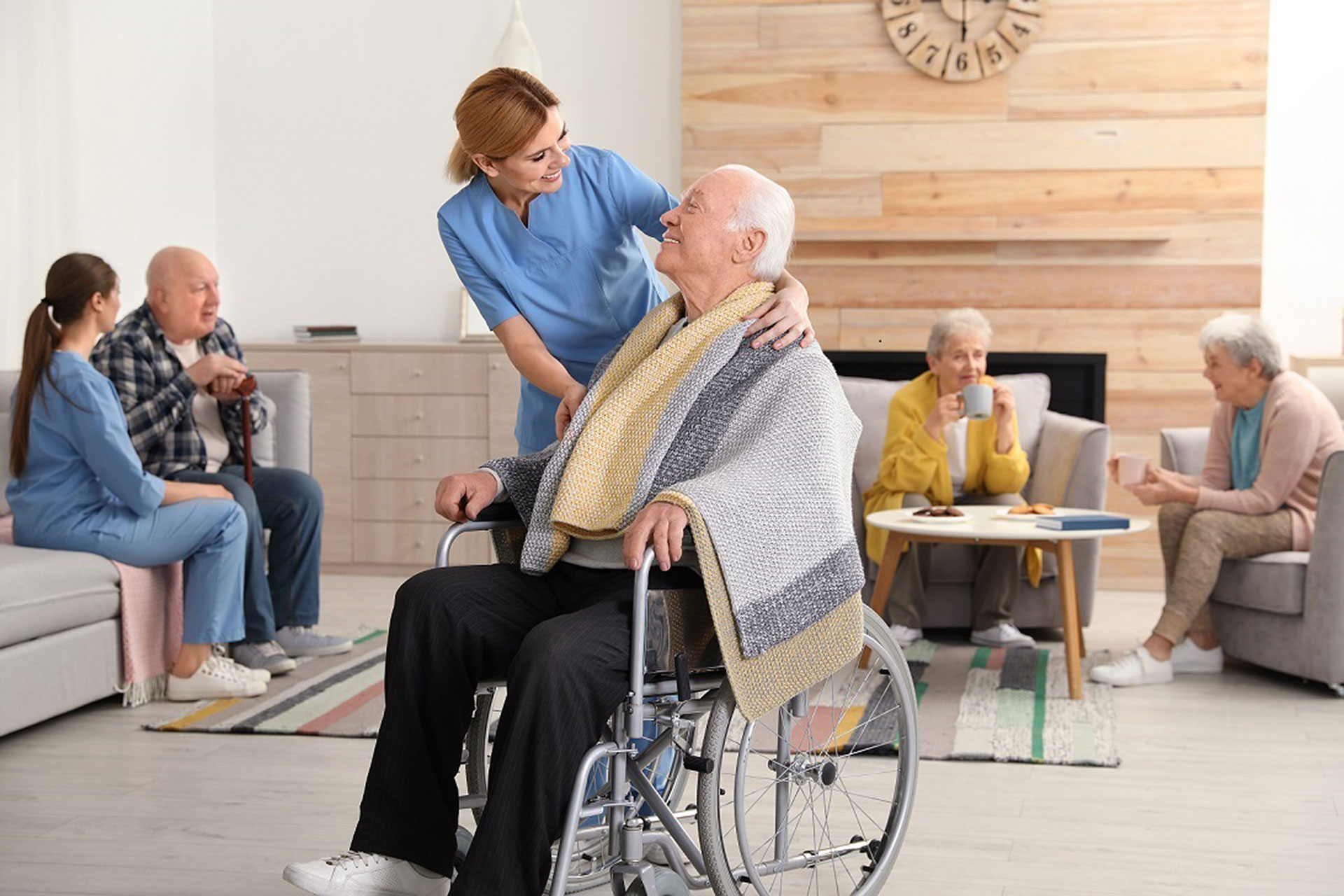In celebration of British Columbia’s sixth annual AccessAbility Week from May 28 to June 3, 2023, British Columbians will benefit from expanded projects and programs that will reduce barriers for people with disabilities and support inclusion in communities.
AccessAbility Week highlights the efforts and achievements of people, organizations and workplaces that actively promote changes to allow people of all abilities to have a better life, to participate and to contribute to B.C.’s economy and communities.
“Advocates, self-advocates, organizations, businesses and communities have been instrumental in making B.C. more accessible and inclusive for everyone,” said Sheila Malcolmson, Minister of Social Development and Poverty Reduction. “We have so much gratitude for their guidance and strength as we continue to identify, prevent and remove barriers.”
Government is working together with many partners to offer services and supports for people with disabilities, funding more than $25 million to help organizations. Some examples are:
- All local governments will get help removing and preventing barriers they have identified in the Accessibility Action Plans ($5 million for Social Planning and Research Council of B.C.).
- Deafblind people will benefit from services that support their communication and inclusion in community ($370,000 for CNIB Deafblind Community Services – Canadian National Institute for the Blind).
- Indigenous people with disabilities will get support with health, housing, employment, and educational services ($825,000 for British Columbia Aboriginal Network on Disability Society – BCANDS).
- People with severe communication disabilities will get augmentative and alternative communication (AAC) systems. ($17.9 million for Communication Assistance for Youth and Adults – CAYA).
- People with mobility disabilities will get co-ordinated support to remove access and inclusion barriers to physical and mental health and wellness, as well as community and labour market participation ($2 million to BC Spinal Cord Injury Network).
“Everyone benefits when our communities are inclusive and when all people have access to opportunities,” said Susie Chant, Parliamentary Secretary for Accessibility. “An accessible B.C. means playgrounds that every child can play in, websites that anyone can understand and workplaces that anyone can access. We’re working hard to remove barriers for people with disabilities.”
The Province is committed to making sure that everyone can live, work and play in a more inclusive and accessible place for all people who live in British Columbia.
Quotes:
Louise O’Shea, director, finance, administration and accessibility, Social Planning and Research Council of B.C. (SPARC BC) –
“SPARC BC is pleased to be working together with others who share a vision of a fully accessible and inclusive British Columbia and look forward to working with local government partners across the province.”
Sherry Grabowski, vice-president, CNIB Deafblind Community Services –
“CNIB Deafblind Community Services is proud to stand alongside our community partners in our collective mission to support and empower British Columbians with disabilities. Enabled by the generous funding and support made possible by the Government of British Columbia, we will continue to work together to foster a culture of accessibility and inclusion.”
Lois Turner, program manager, Communication Assistance for Youth and Adults (CAYA) –
“This maintenance of funding over the next five years will allow us to continue to provide communication strategies, supports and equipment to adults and their teams in British Columbia whose speech doesn’t meet their daily needs. CAYA is committed to removing barriers to communication and ensuring that everyone can connect to the best of their abilities.”
Neil Belanger, CEO, B.C. Aboriginal Network on Disability Society (BCANDS), and Indigenous Disability Canada (IDC) –
“Inclusion is not only a right of us all, but a responsibility for each of us to advance. In 2021, British Columbia introduced the Accessible B.C. Act, laying the foundation for the work necessary to eliminate accessibility barriers and create a more inclusive province. We look forward to our continued work and partnership with the Province, with our members and with our communities to ensure that the voices, needs and directions of Indigenous and non-Indigenous people with disabilities are not only heard but acted upon as we move forward.”
Chris McBride, executive director, Spinal Cord Injury BC and BC Paraplegic Foundation –
“Advancing access and inclusion for people with disabilities requires ongoing collaboration and partnership. The partner organizations of the BC Spinal Cord Injury Network greatly appreciate this support from the Province, which, in partnership with government, allows us to continue the collective impact we make every day through our co-ordinated and complementary services for people with physical disabilities and their families throughout B.C.”.
Learn More:
For information about the Accessible British Columbia Act and its implementation, visit: https://www2.gov.bc.ca/gov/content/governments/about-the-bc-government/accessibility/legislation
Social Planning and Research Council of B.C. (SPARC BC), visit: https://www.sparc.bc.ca/
CNIB Deafblind Community Services, visit: https://deafblindservices.ca/
Communication Assistance for Youth and Adults (CAYA): https://cayabc.net/
British Columbia Aboriginal Network on Disability Society (BCANDS): http://www.bcands.bc.ca/
BC Spinal Cord Injury Network: https://sci-bc.ca/about-us/bc-sci-network/

